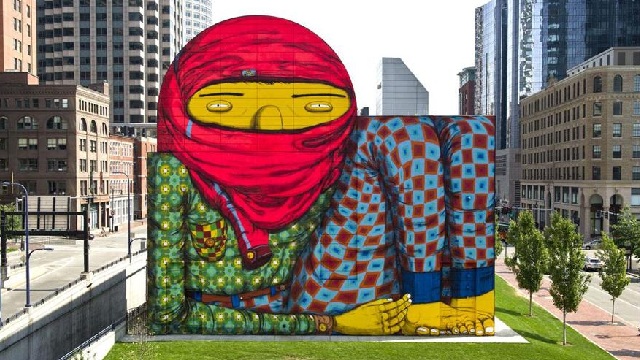In Hong Kong, Walking Without Touching the Ground

Article written by guest writer Kecia Lynn
What’s the Latest Development?
Hong Kong’s extensive network of tunnels and elevated walkways, built and expanded upon over 50 years, is the subject of a forthcoming book that includes some of the first-ever comprehensive maps of these spaces and descriptions of how they have evolved without any formal design or planning. According to the authors, it’s entirely possible to get around Hong Kong without stepping on actual ground, and this makes for an interesting and unique urban experience. “You’re constantly shifting from underground to above ground, from interior to exterior, from air-conditioned to non-air-conditioned, from public to private, and the dimensions are constantly going from large spaces to tighter spaces.”
What’s the Big Idea?
Although the walkway concept was first implemented by businesses, the government began to see how it could help reduce vehicle congestion, and so they began to build walkways of their own. What makes this network unique is that it exists as an enterprise that’s neither fully public nor fully private, representing what the authors call “aformal urbanism — neither formal nor informal.” The book also describes how Hong Kong residents are making these urban spaces their own. “Any activity –” from mahjong games to political protests and everything in between — “that you would expect to find on a street or in a public square…you would find somewhere in this network.”
Photo Credit: Shutterstock.com




